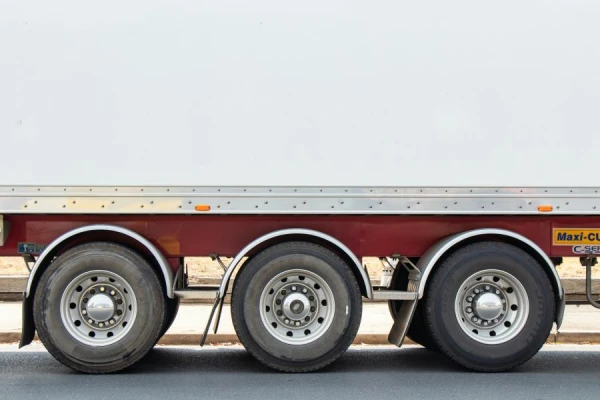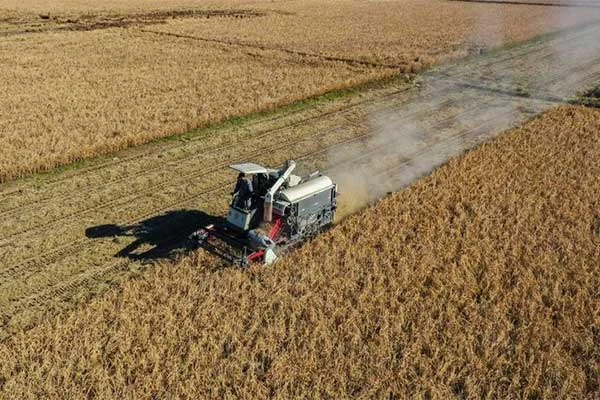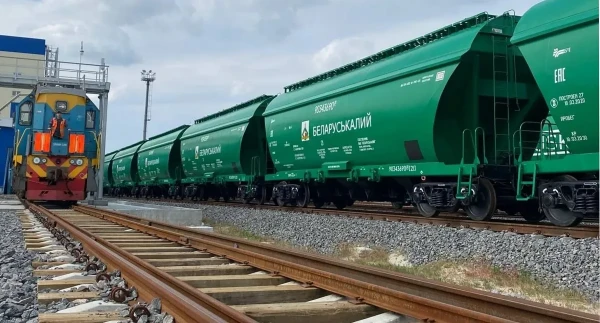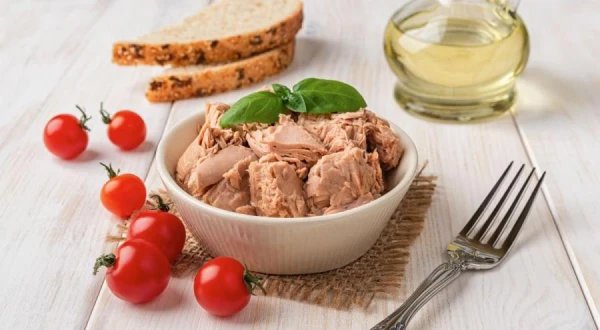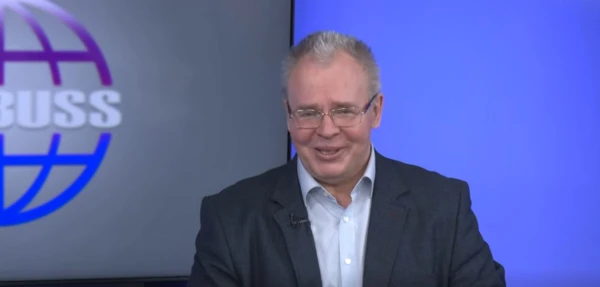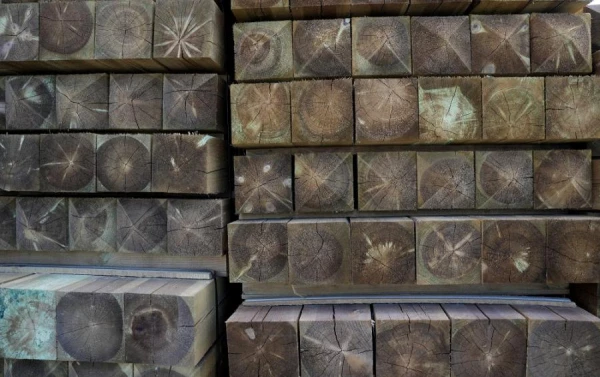
The US president continued the tariff war by raising tariffs on imported lumber and wood products. This is directed against Canada, but Latvian wood processors will also suffer as a result.
New tariffs imposed by the US starting October 14 are as follows: 10% on imported lumber and 25% on imported furniture. And from January 1, 2026, tariffs on certain types of furniture will jump even higher: up to 50% on cabinets and shelves, and up to 30% on upholstered furniture.
This is yet another round in the tariff war that Trump is waging with great enthusiasm against the entire world. In a statement, he said that the new tariffs on timber are necessary "to support US industry and strengthen national security," that this step "will strengthen supply chains," and of course, "increase the resilience of the industry," create new jobs, and boost domestic production capacity for wood products.
This was directed at both Americans and, primarily, the US neighbor—Canada. It is Canada that sells the lion's share of the timber purchased by the States. Trump is convinced that the US does not need that much timber and that it could meet its demand with domestic forests. The US does have forests (about 300 billion trees in the country), but it lacks enough sawmills to process the cut timber in the required quantities. Therefore, experts are sounding the alarm. After all, the new tariffs will raise the cost of lumber, which means increased construction costs, sharply raising consumer expenses and exacerbating the housing crisis.
There is no need to mention the furniture prices, which will skyrocket in the US after the new year. By the way, they have already risen over the past year because Trump imposed tariffs on Chinese and Vietnamese wood products, and now furniture for living rooms and dining rooms has increased by 9.5%. And after January 1, 2026, there will be a new, much sharper jump.
But how does all this concern Latvian companies? The fact is that our wood processors sell OSB boards, softwood lumber, and birch plywood in the US. As Klaus, the vice president of the Latvian Federation of Wood Processing, told the LSM portal, these three products are among Latvia's main export items in the US market, which is the fifth most significant among the largest sales markets. Until now, the tariff on these products was 0%, but a new rate will be established in mid-October. And the question arises: whose shoulders will it fall on?
According to Klaus, Latvian producers in the United States do not earn enough to cover the imposed tariffs, so serious negotiations with American buyers are expected. "We expect significant concessions from US buyers. Otherwise, it will lead to us having to subsidize the export of products to the United States, which is not viable. Our profitability in exports to the US is not 10-15%. If these tariffs fall on the shoulders of the producer, we will have to export at a loss," Klaus explained.
If no agreement can be reached, Latvian wood processors may have to reduce their product supplies to the US or even cease them. Fortunately, the American market is important for them, but not the main one: they derive most of their profit by selling their products to other EU countries and the UK.


